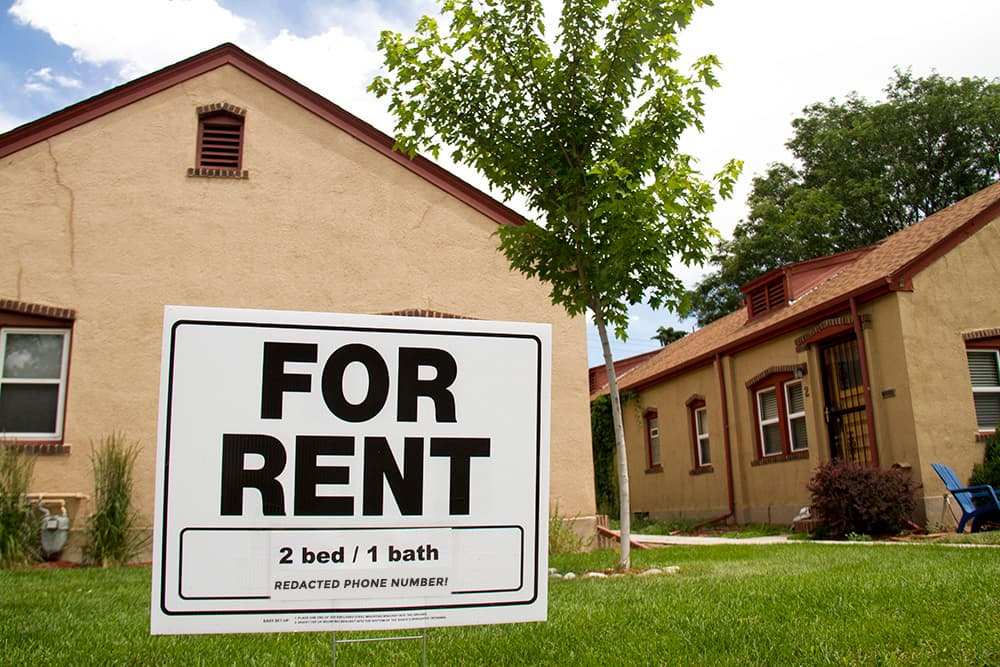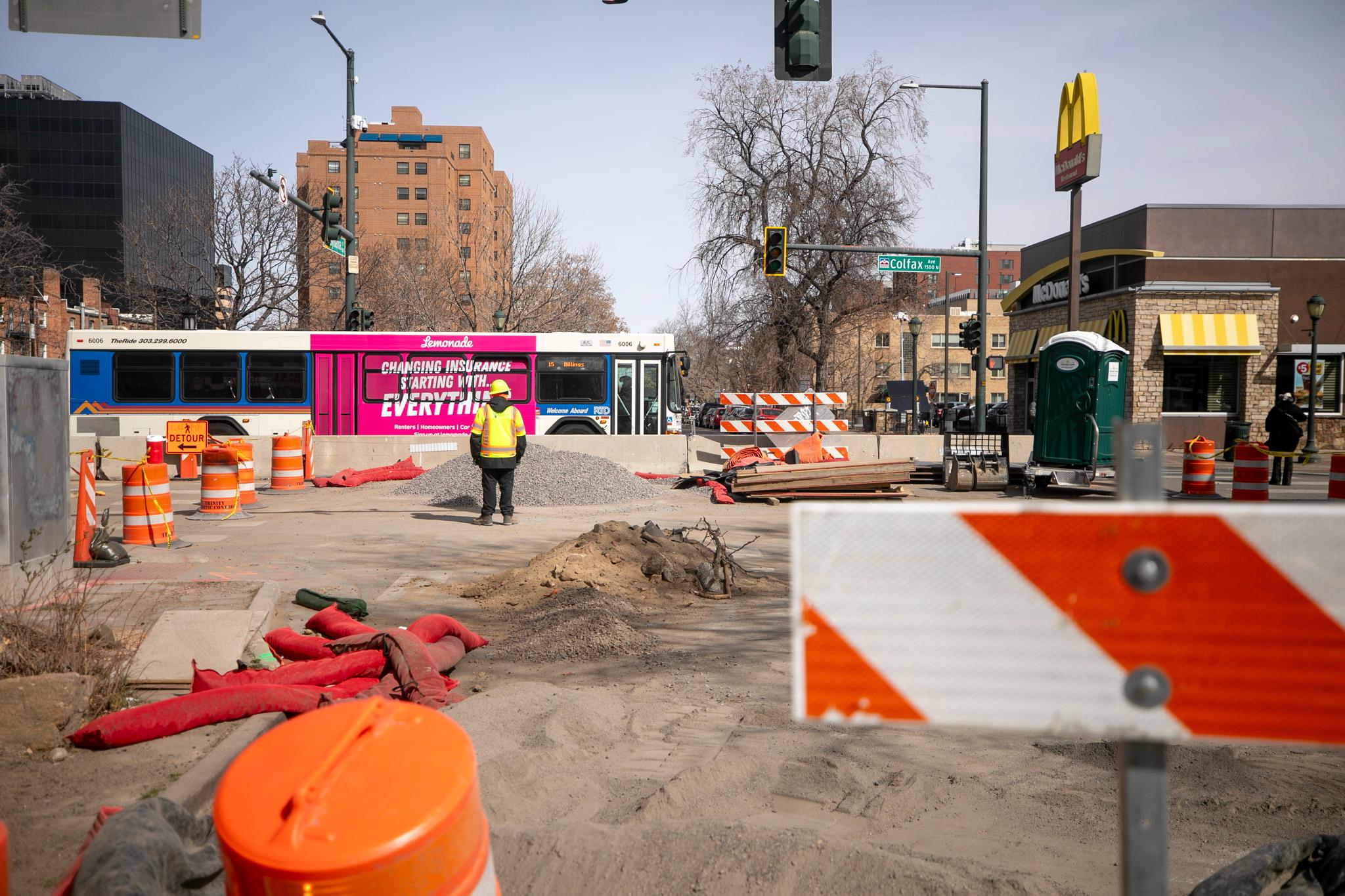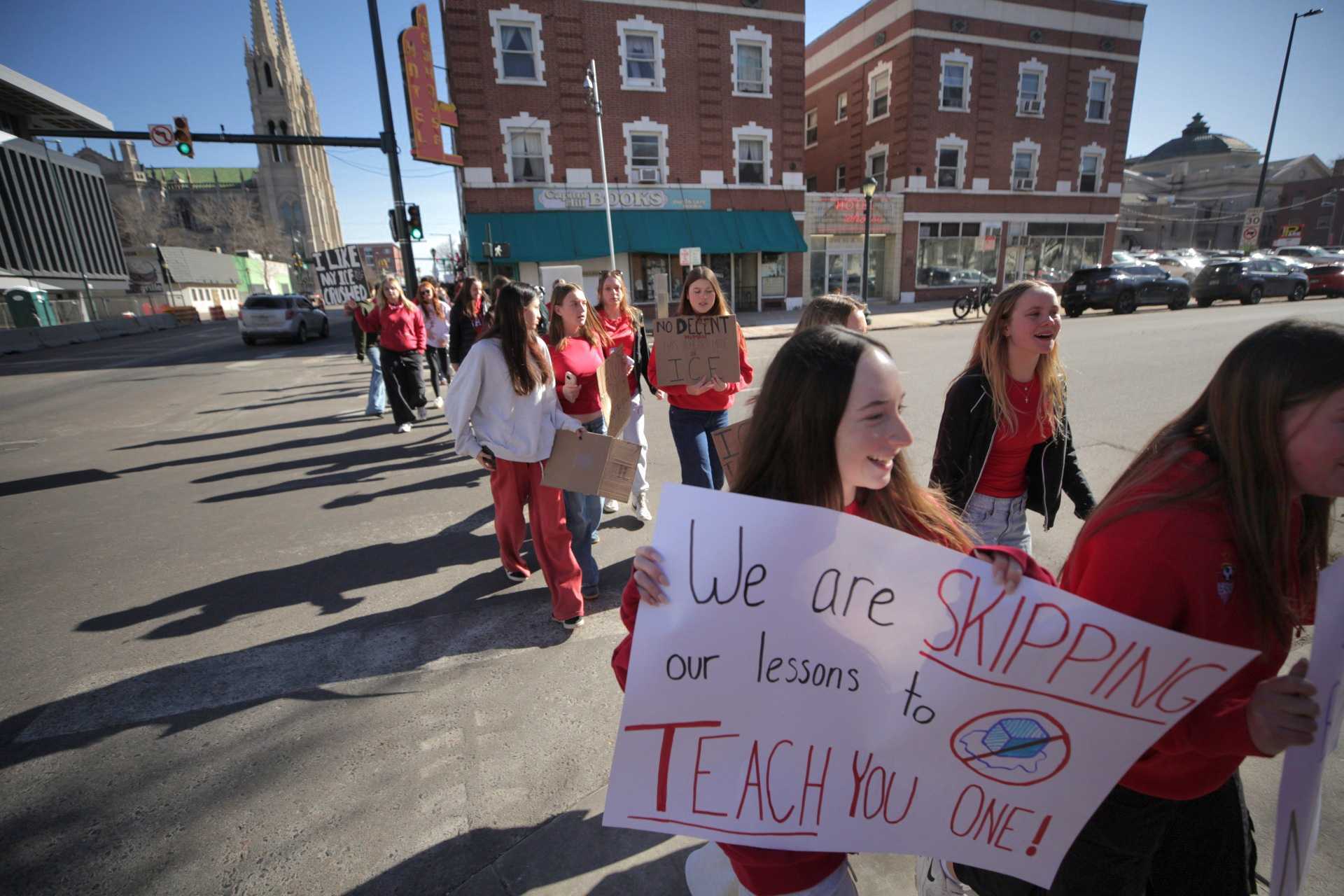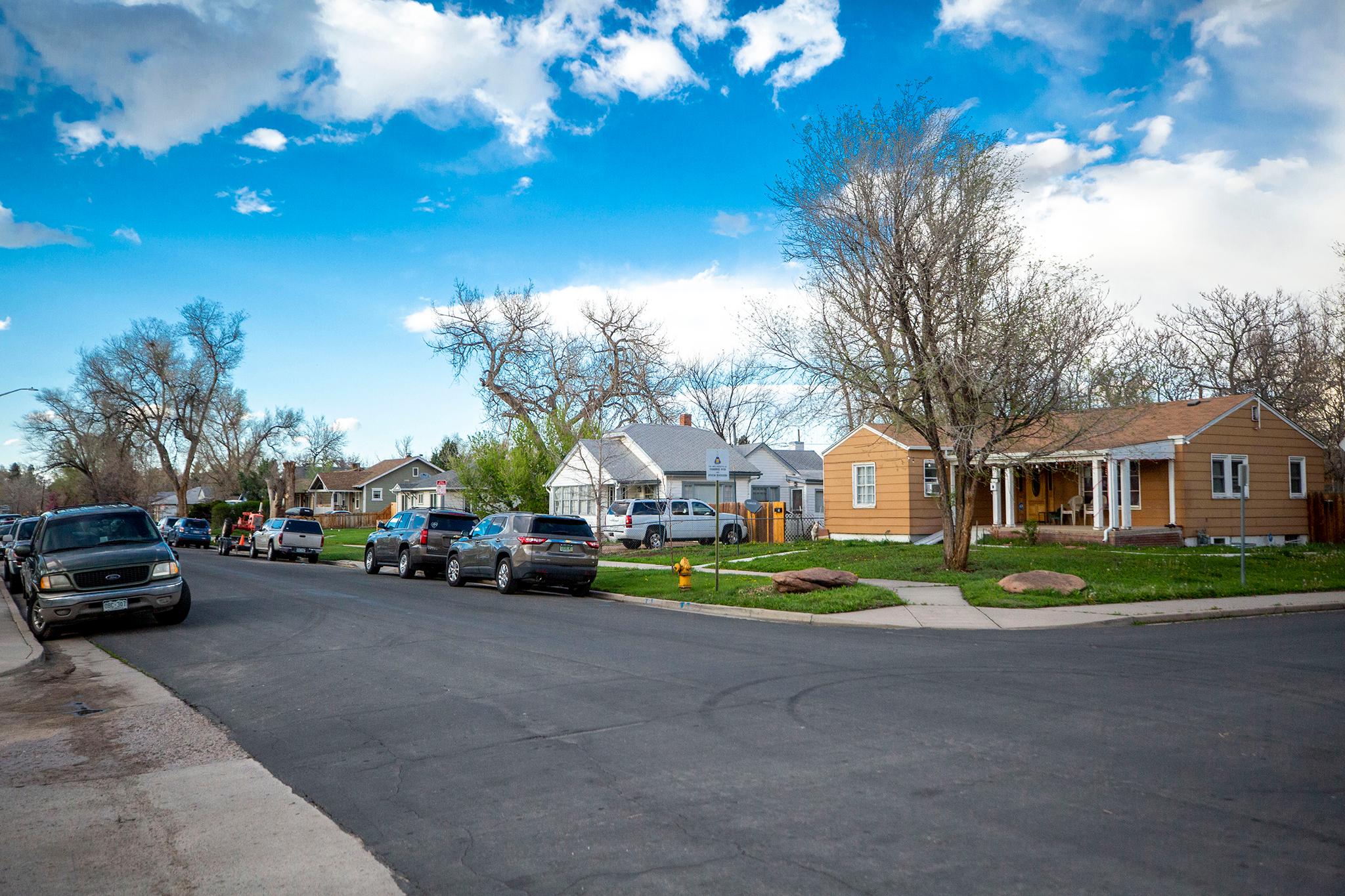After four decades as a landlady, Sonja Leonard Leonard values a good, long-term tenant so much that she might let years go by without raising the rent.
"I don't need every single penny out of my property," said Leonard, who has 10 residential units in buildings she owns in Denver. "I would rather have somebody there who considers it their home than to keep flipping it for a higher amount all the time."
Leonard was especially adamant she wouldn't raise the rent during the economic crisis created by the pandemic.
"That's absolutely asinine," she said.
With data showing rents are at last easing in what has been a hot market, it might also be bad business. If a tenant faced with an increase departs in search of cheaper housing, landlords will have to pay to advertise units that could sit empty for some time.
The median rent for an apartment dropped 1.4 percent to $1,454 between the first quarter of this year and the second, when the coronavirus arrived, according to a survey conducted by the University of Denver's Daniels College of Business and Colorado Economic and Management Associates and coordinated by the Apartment Association of Metro Denver. The median also dropped slightly over the year from $1,462 in the second quarter of 2019. The decrease was sharpest for newer apartments, which tend to be more expensive. According to the survey, the average rent for a unit built in 2010 was $1,840 in the second quarter, 5 percent less than in the first quarter. Mark Williams, executive vice president of the Apartment Association of Metro Denver, said it was the first time rents went down in about a decade.
Drew Hamrick, senior vice president and general counsel for Williams's landlord industry group, said he could think of only a few reasons for landlords to raise the rent in this climate. Some might have been holding off and have decided now is the time for a correction. Others may need to recoup the costs of recent improvements to their property.
"Or, three, the landlord's just plain wrong about how much they think their apartment's worth," Hamrick said.
He said tenants facing an increase who want to negotiate should come prepared with data, such as ads showing what similar apartments are going for.
Like Hamrick, Jeff Martinez, president of Brothers Redevelopment, encouraged tenants to talk to their landlords.
"If they're a longtime renter at a property, perhaps they could sign an extended lease period, which an owner may prefer for stability," in exchange for a break on the rent, Martinez said.
"Tenants should remember that a landlord cannot raise their rent before a lease is up," Martinez added.
State lawmakers deemed rent control illegal in Colorado. That is one of the reasons Nick Chambers, spokesman for the Housing Justice Committee of the Denver chapter of Democratic Socialists of America, believes tenants have little power in the landlord-tenant relationship. But Chambers said that after years of rent hikes, his group isn't hearing of many landlords seeking increases.
"I think obviously people are cognizant of the pandemic and the resulting economic crisis," Chambers said. "It looks bad for a landlord to raise the rent right now."
Social worker Brittany Katalenas runs an agency that helps low-income families, many of whom are dependent on federal housing subsidies, find housing in metro Denver.
She has a network of about a dozen landlords with hundreds of apartments. She said the landlords she works with regularly have not been raising rents. But she said people have come to her since the pandemic began seeking new housing after previous landlords raised the rent beyond what they could afford. Most of her landlords have between 10 and 20 units and manage their own properties, said Katalenas, who herself rents from a larger company that uses a property management service.
In April, Katalenas and her roommate learned their own rent would be going up.
The increase wasn't unexpected, since their lease spells out that the rent can rise between 5 and 8 percent each year. Katalenas had nonetheless hoped the company would pass on an increase this year because of the pandemic. She sent an email asking if the increase could at least be put off until after the health crisis subsides. The company would not negotiate on the increase of 5 percent, but did offer to let Katalenas end her lease without penalty. Instead of going house-hunting during a pandemic, Katalenas took on extra consulting work.
Leonard, the Denver landlady, said she manages her own properties because out managers charge too much. She said owners depend on rent payments to pay their mortgages and support them in retirement.
"I'm in a position that I can survive" without increasing rents now, Leonard said. "Not all owners are."
Government, insurance companies and others could help ease the burden on landlords by decreasing property taxes and fees, Leonard said. Last month, Denver's City Council waived interest on late property tax payments.
Getting through the pandemic economic slowdown requires "a community effort," Leonard said. It's "not just a landlord-tenant situation."













